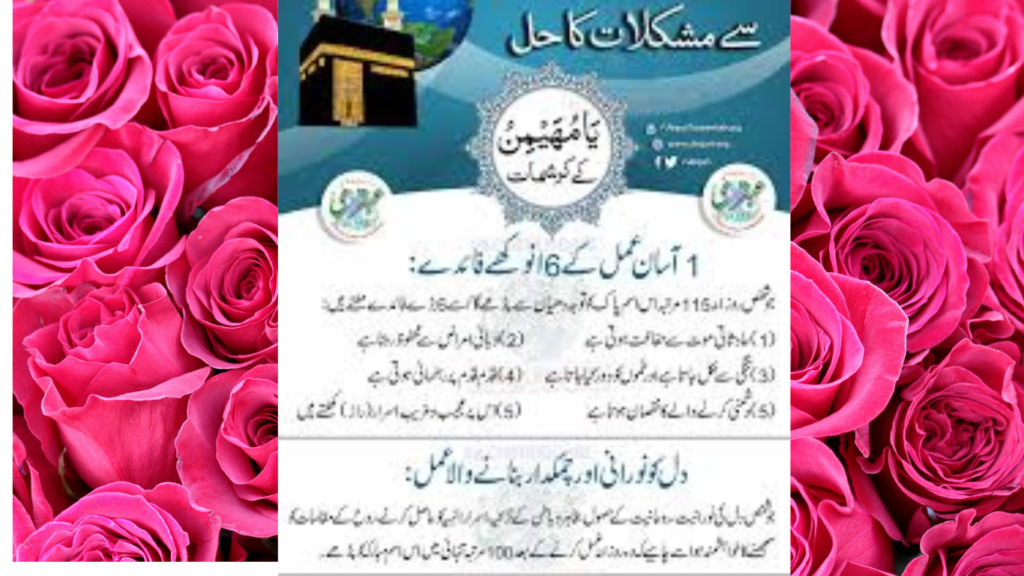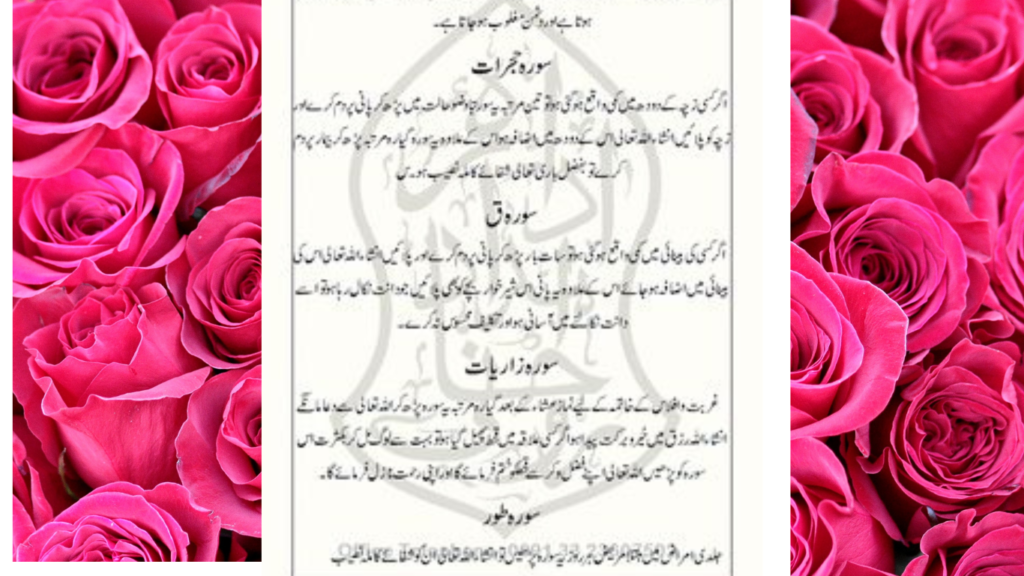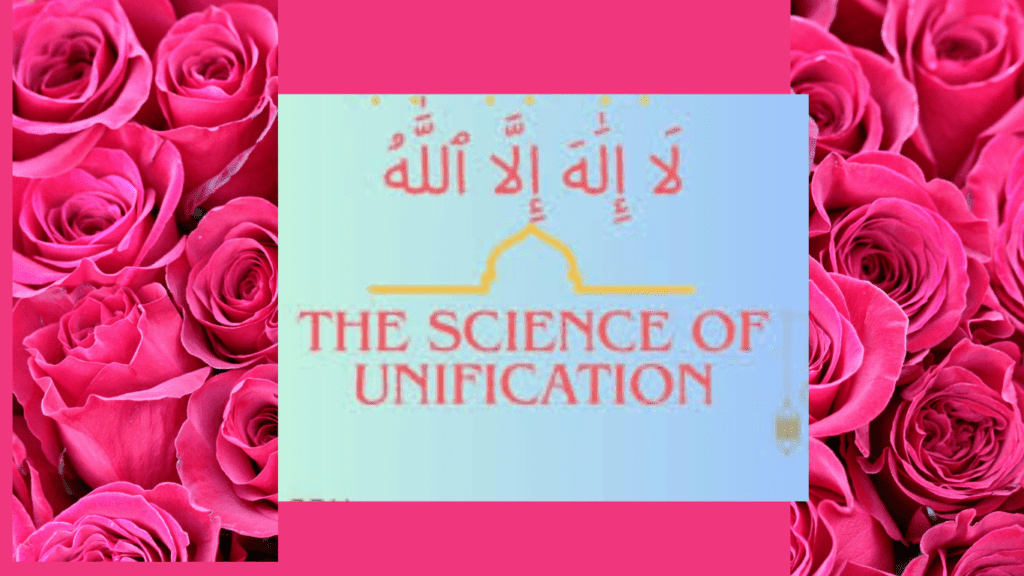Table of Contents
Learn the power of Wazifa, the Islamic holy supplications and recitations that may instill inner serenity, increase faith, and open doors to spiritual rewards. To get protection and direction from above, learn how to apply Wazifa in your day-to-day activities.

Overview of Wazaif: The Core of Spiritual Intercession
Wazifa is the term used to describe the holy act of repeating certain prayers or supplications, frequently drawn from the Quran or Hadith, in order to ask God for assistance, protection, or benefits. Wazifa, which has its roots in Islamic tradition, provides a way for people to connect spiritually and align their hearts and thoughts with Allah. The tremendous emotional, mental, and spiritual healing that these recitations may offer makes Wazifa an invaluable resource for Muslims looking for serenity, direction, and a closer relationship with God.

Recognising the Significance of Wazaif
Wazifa, which is another name for dhikr or tasbih, is the term for daily litanies or recitations of passages from the Quran or Allah’s name. Wazifa is a particular activity in Islam that helps followers of the faith remember and be aware of Allah’s presence all the time. Whether a person is seeking divine intervention in difficult circumstances, protection from danger, or release from suffering, this practice may be greatly customised to meet their own spiritual needs or aspirations.

Wazaif’s accessibility and simplicity are its main features. It is done anytime, anywhere, and doesn’t call for complicated ceremonies or expertise. Whether it be by saying brief prayers like Subhanallah (Praise be to Allah) or Alhamdulillah (All praise).
Wazaif’s Spiritual Power
Inner calm is one of the most prominent spiritual advantages of reciting Wazaif. Many individuals suffer from anxiety, worry, and dread in today’s fast-paced and frequently stressful society. Regular Wazaif can relieve tension from the outside world and provide one a sense of heavenly protection while also calming the heart and mind. It serves as a reminder to believers that Allah is always there to help and console them throughout trying times.
Wazaif also improves one’s dedication and level of spiritual attention. A person’s faith, relationship with Allah, and confidence in the wisdom of the divine are all strengthened by regularly saying these holy words. Furthermore, Wazaif promotes thanks since a large number of the words are centred upon thanking Allah for all of His favours and praising Him.
Common Wazaif and Their Importance
While there are several Wazaif that may be said for various purposes, Islamic communities are particularly familiar with and frequently perform the following supplications:
Ayat al-Kursi (2:255 in Surah Al-Baqarah): One of the most potent passages in the Quran, Ayat al-Kursi is frequently recited for protection. It protects the believer from danger and acts as a reminder of Allah’s omnipotence.
Istighfar (Asking Pardon): Reciting Astaghfirullah, which means “I ask Allah for forgiveness,” relieves spiritual tension and purifies the soul of transgressions.
Astaghfar ke Fayde | Astaghfar ki Barkat | Motivational Speaker Abdul Habib Attari New Bayan
Salawat, which means “Sending Blessings on the Prophet,”: Saying Salallahu Alayhi Wasallam increases a believer’s appreciation and affection for the Prophet Muhammad (PBUH).
Surah Al-Fatiha, also referred to as “The Opening,” is a crucial chapter in Islamic
Including Wazaif in Everyday Activities
Like the five daily prayers, Wazaif forms an essential element of the daily practice for many Muslims. Wazaif’s adaptability allows people to recite these passages while walking, working, or even just lounging around the house. Consistency is the key. Engaging in Wazaif on a regular basis helps people develop a continual awareness of Allah’s presence and promotes mindfulness.
One might begin by selecting a particular Wazifa that aligns with their own spiritual objectives. Wazaif can be tailored to match individual goals, whether they safety, well-being, financial security, or even spiritual development.
In summary, the route to spiritual metamorphosis
Wazaif is a potent spiritual instrument that may bring serenity, clarity, and a closer bond with Allah into one’s everyday life. Through the integration of these straightforward yet deep recitations into daily life, people can become aware of the immense spiritual benefits that result from remembering the holy. The frequent practice of Wazaif serves as a reminder that Allah is always there and will guide us through all of life’s ups and downs, whether we are looking for protection, direction, or inner peace.
